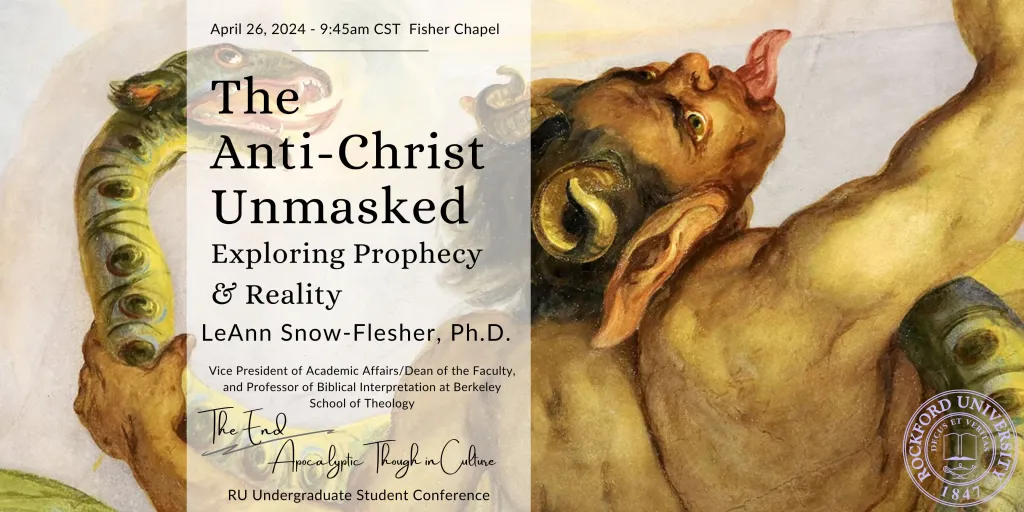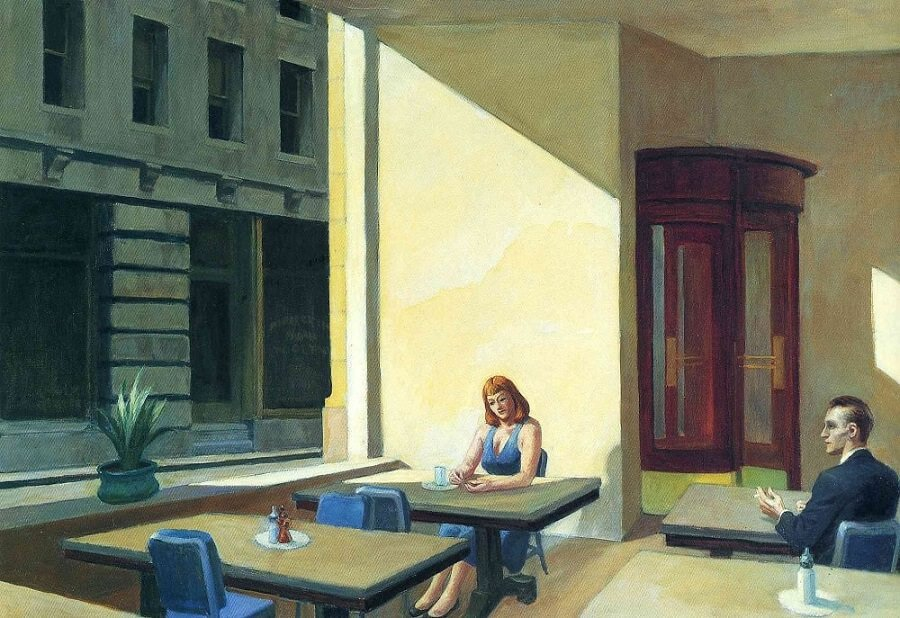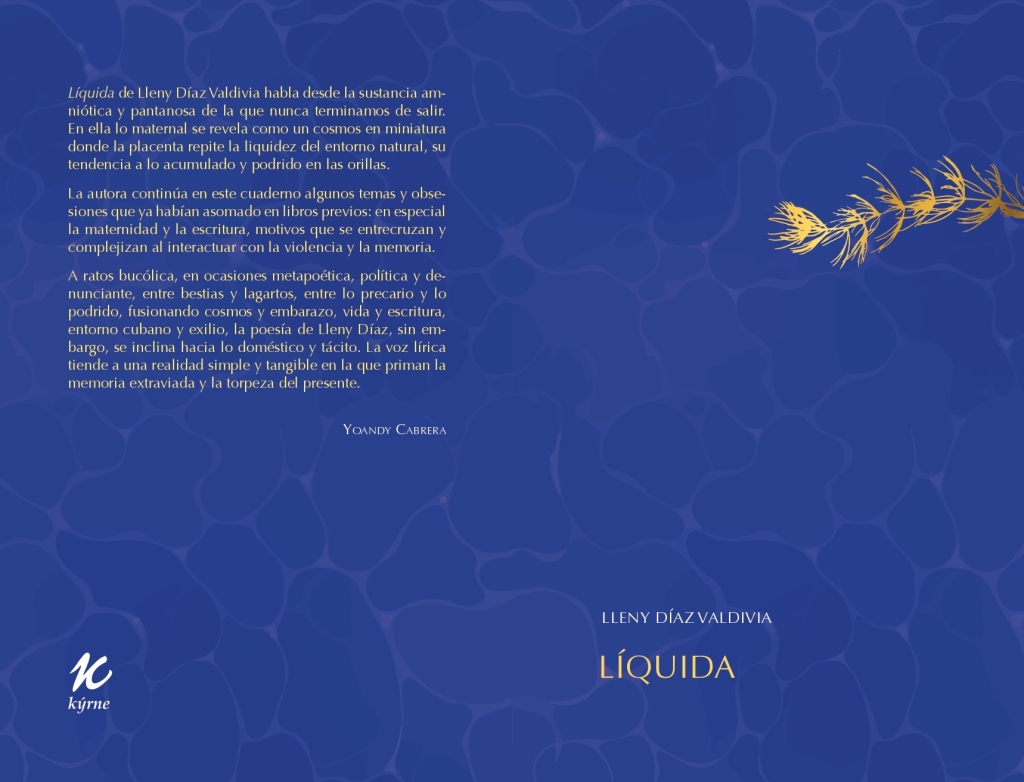
Yoandy Cabrera
Lisette Oropesa
Lisette Oropesa’s debut at the Lyric Opera of Chicago on November 4, 2023, is a remarkable event that highlights her exceptional talent as an internationally acclaimed soprano. She is assuming the role of Marie, the charismatic heroine in Donizetti’s The Daughter of the Regiment. Our journal had the privilege of interviewing this Cuban-American artist during her stay in Chicago, where she generously shared her insights with us.
In this conversation, Oropesa delves into her Cuban heritage, shedding light on the influence of her family and her early exposure to music within the confines of her home. She passionately discusses her recent album, “French Bel Canto Arias,” providing an intimate look into her artistic journey. Her enthusiasm for the debut performance at The Lyric Opera shines through as she shares her thoughts and emotions leading up to this significant moment in her career.
Deinós is excited and honored to share this engaging conversation with our readers, providing a glimpse into the life and career of a remarkable artist who continues to captivate audiences worldwide.
Yoandy Cabrera: You were born in New Orleans, Louisiana, to Cuban parents. When and how did your parents leave Cuba to live in Louisiana?
Lisette Oropesa: My parents emigrated to the US at different times. My mom came as a small child with her family in 1968, and my father came as an adult in 1980. They met in New Orleans and I was born 3 years later. My mom’s family came as an early part of the Cuban Revolution, when Castro was basically allowing anyone who didn’t agree with the new regime to leave the country. People were fleeing in droves, so he shut that down soon after. My father came on the Mariel, a project that President Carter created to allow Cubans to enter freely into the USA. Castro sent prisoners and other undesirables, and actually, my father was one of them. He had committed a petty crime of theft and was imprisoned, but that was his ticket to the get to leave the country! It worked out wonderfully that they both wound up in Louisiana. My family chose the location because of its vicinity to the Gulf Coast, and also because at the time, the greater New Orleans area was building a lot of starter homes that attracted immigrant communities, where my family still lives.

YC: Do you consider yourself a Cuban-American? How was your childhood in New Orleans and within a Cuban family? What does Cuba mean to you?
LO: I absolutely consider myself a Cuban-American. My household was Spanish speaking, we ate Cuban food and listened to Cuban music, and watched the Spanish channel. We had and still have a very close-knit relationship, and we all love music. It means a lot to me that my grandparents and father all left everything behind in Cuba to seek a better life for themselves and their families in the United States. I feel that I honor them in everything that I do. Cuba, even though I’ve never visited, is sort of the fantasy land that my mom remembers it to be, in my head. The beaches, the fruit, the breeze…all that sort of thing. However I know that Cuba has changed a LOT in 60 years since my family’s been gone, and so I really don’t know first-hand the present state it is in. I can only say that the importance of a homeland to an immigrant is still something that gets passed on, as America is a country built on immigration, and this is something to celebrate. By keeping my culture alive, I’m helping to add flavor to the melting pot that makes this country great.
YC: Did your interest in music and singing begin during your childhood? How was that process, and how important was your family’s role in it?
LO: Yes. Music was encouraged and practiced in my household for as long as I can remember. My mom and grandpa both sang beautifully, and we (my mom’s sisters, and my sisters too) all inherited their voices! I’m so lucky. We used to harmonize together and sing along with the radio or movie soundtracks. I always loved music because it brings so much joy. My mom also plays the piano, and I studied the flute and became pretty good at it, playing all the way until college. It’s wonderful and a huge blessing to have a family that supports a child wanting to make music! There are so many musicians whose families don’t approve of the study, because they feel it’s a waste of time, or doesn’t lead to a lucrative career… and so they discourage it. I had the opposite upbringing and I’m so grateful for that. Also being bilingual my whole life gave me a huge advantage, because speaking other languages is a tremendous help to being an opera singer.

YC: Among the many roles you have interpreted, you performed Rosalba in Florencia en el Amazonas by Daniel Catán in 2014 at the LA Opera. Was this your first opera in Spanish? How was this experience? Have you interpreted other roles in Spanish?
LO: Yes, this was my first and only operatic role in Spanish. I do regularly perform Spanish art song and Zarzuela arias, and present them in recitals as often as I can. I also recently recorded an album of Spanish and Cuban Zarzuela arias. I feel it’s important for Hispanic singers to present this incredible repertoire as often as possible. We don’t get a lot of opportunities to perform it, and that’s a shame, but the more we can keep it alive, the more interest it generates, which leads to more of it being presented in theatres.
YC: In your latest album titled “French Bel Canto Arias,” you included three arias from The Daughter of the Regiment by Donizetti. This is the same opera selected for your Lyric debut and you have interpreted this character before: at the Pittsburgh Opera in 2015 and the Washington National Opera in 2016. How are your album and your debut in Chicago connected? How was the process to decide what opera you would interpret in Chicago?
LO: I have always loved singing in French, and bel canto composers did a lot of work in Paris as part of their compositional careers. So it was a natural fit for me to record this album, which I think combines the excitement of the bel canto style with the beauty of the French language.
Marie in La fille du régiment is an opera I have gladly performed a few times, yes, and I’m glad that Chicago proposed this debut for me. While it wasn’t the inspiration for the album, it was just a lucky break that I’m glad to have had!
YC: Are you excited about your Lyric debut in Chicago? What new challenges have you found in this new production? How is it different from your previous experiences in important scenarios such as the Metropolitan Opera, Teatro Alla Scala, or Opéra National de Paris?
LO: I am absolutely thrilled for my debut here! The production is very physical and funny, but both of the other productions I’ve done of Fille have also been similarly energetic. She’s an energetic character! It’s so much fun to put it onstage and do all the hilarious things that we have planned. I think doing a comedy is a challenge because things that make people laugh are not really universal, and you just never know how a joke will land with any audience. But I know this brilliant Laurent Pelly production is a hit, and has been for years. The theatres you named are all wonderful and have their passionate audiences. I love singing in all of those places! I trust that Chicago will end up being a new favorite place to sing in as well.







Leave a comment